For many years, the Vietnamese box office has been familiar with entertainment, romance or horror films that dominate the top revenue positions. However, the summer of 2025 witnessed an unusual phenomenon: the war film “Red Rain” became the center of attention of the entire market, breaking box office records and opening up new prospects for historical-war films that have long been considered “difficult”.
"Red Rain" reaches 304 billion
After only 9 days of official release, “Red Rain” has reached the milestone of 304 billion VND, with nearly three million viewers. On August 30 alone, the film reached more than 43 billion VND, setting a record revenue in one day for Vietnamese war films. At this rate, “Red Rain” is almost certain to surpass “The Four Guardians” (332 billion VND) and is approaching the record of 551 billion VND of “Mai”.
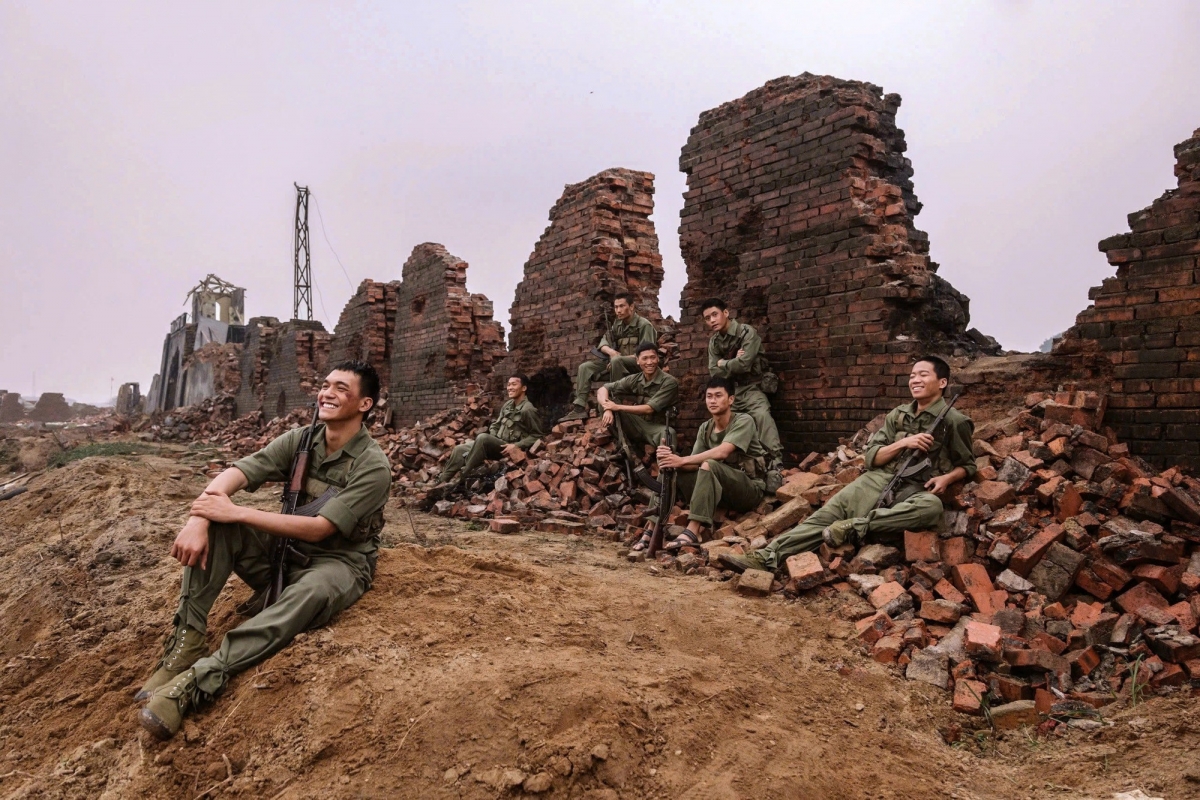
Scene from the movie "Red Rain"
What is special is that “Red Rain” is not a normal entertainment film, but a work adapted from Chu Lai’s novel, recreating the 81 tragic days and nights at Quang Tri Citadel in 1972. The genre, which is considered difficult to attract young audiences, has unexpectedly created a huge wave, forcing many theaters to increase screenings and add late-night slots to meet demand.
Not only stopping at numbers, the film also caused a “fever” on social networks, becoming a top search keyword and receiving thousands of positive reviews. Notably, revenue in the North accounted for 50-60% of total revenue - a rare phenomenon, signaling the rise of the Northern market, which has long been under-exploited to its full potential.
The fever that “Red Rain” is creating is not accidental. In the past year, two other war-historical works have also created strong waves.
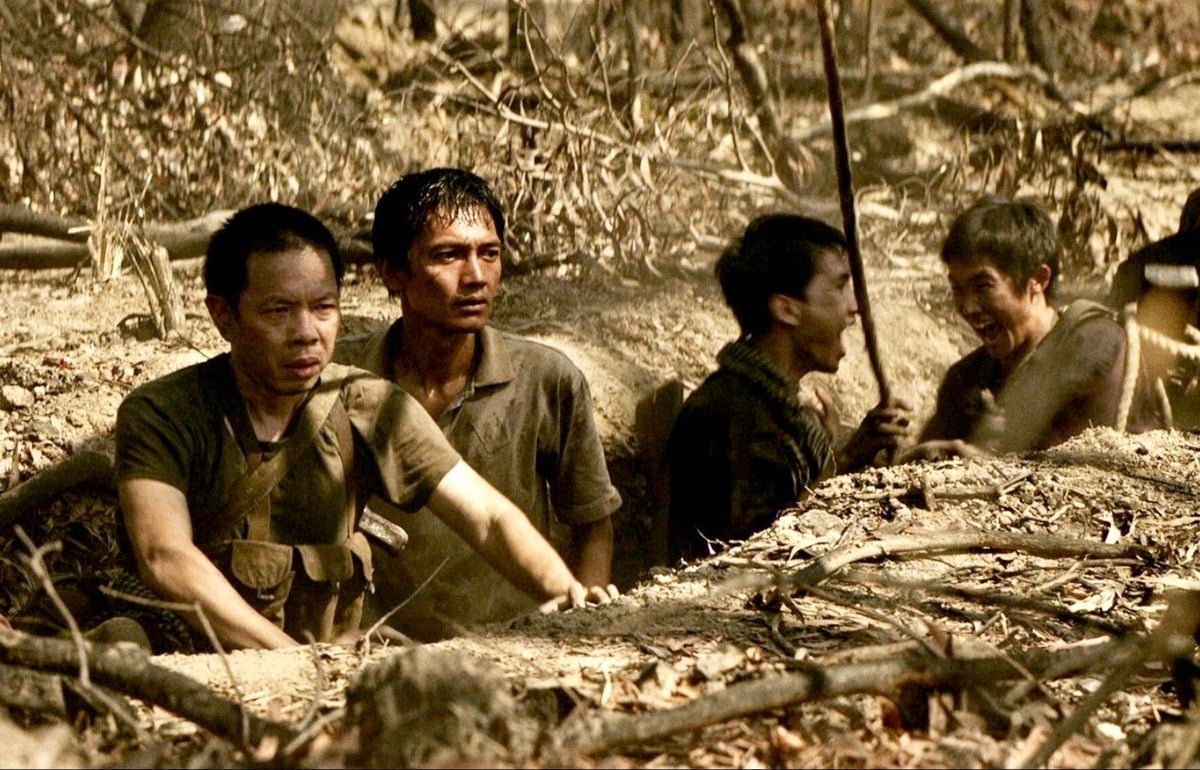
Scene from the movie "Tunnels"
In early 2024, the film “Peach, Pho and Piano” suddenly became a box office phenomenon. Initially, the film was only shown in limited numbers at the National Cinema Center, but thanks to a review clip that went viral on TikTok, the work quickly sold out, forcing theaters to increase screenings. This is a State-ordered film, recounting the 60 days and nights of Hanoi resistance in late 1946 - early 1947. Not only recreating the scene of fire and smoke, the film also depicts the romantic love between a suicide soldier and a Hanoi lady, creating a special attraction for young audiences. The film’s revenue is estimated to reach more than 20 billion VND after leaving theaters - an impressive number for a State-ordered film that rarely promotes.
By April 2025, “Tunnels: The Sun in the Dark” by director Bui Thac Chuyen continued its streak of success. The film explores the war story in the steel land of Cu Chi, depicting the guerrilla team that stayed underground, fighting relentlessly with the American army. The work ended its theatrical run with a revenue of 172 billion VND. This is considered an important stepping stone, affirming that the war-revolutionary film genre can completely regain its foothold.

In early 2024, the movie "Peach, Pho and Piano" suddenly became a box office phenomenon.
The success of three recent war-historical films, from “Peach, Pho and Piano” to “Tunnels: Sun in the Dark” and “Red Rain”, can be explained by many resonant factors: innovation in storytelling, avoiding rigidity and dogmatism but being more emotional and closer to young audiences; a large scale of production investment, from the setting of Hanoi in 1946, Cu Chi tunnels to the Quang Tri battlefield in 1972; sincere and dedicated acting of the cast; strong viral effects on social networks; the need of audiences, especially young people, to seek out history and national values; and the release time associated with major anniversaries. All of these factors create a rare resonance, making the war film genre, which is usually picky, suddenly become a box office phenomenon in the past two years.
Historical and war films: The transition from niche to trend
From “Peach, Pho and Piano” to “Tunnels”, and now “Red Rain”, Vietnamese cinema is witnessing a strong comeback of war and historical films. The enthusiastic reception from the public proves that audiences, especially the young, are willing to go to the cinema to watch historical stories if told in an attractive cinematic language.
Director Dang Thai Huyen, the person behind “Red Rain”, shared that she was not surprised that the film was warmly received by young audiences: “The reception of young audiences shows that they have not forgotten history at all. On the contrary, they love and cherish stories that remind them of their ancestors’ traditions. The important thing is that filmmakers must approach the subject with passion and responsibility, then the work will touch the hearts of the public”. For her, historical-war films are not only a challenge but also a path that will be attached to her entire career: “I am determined to go long-term with this genre, because it is my responsibility as well as my artistic belief”.
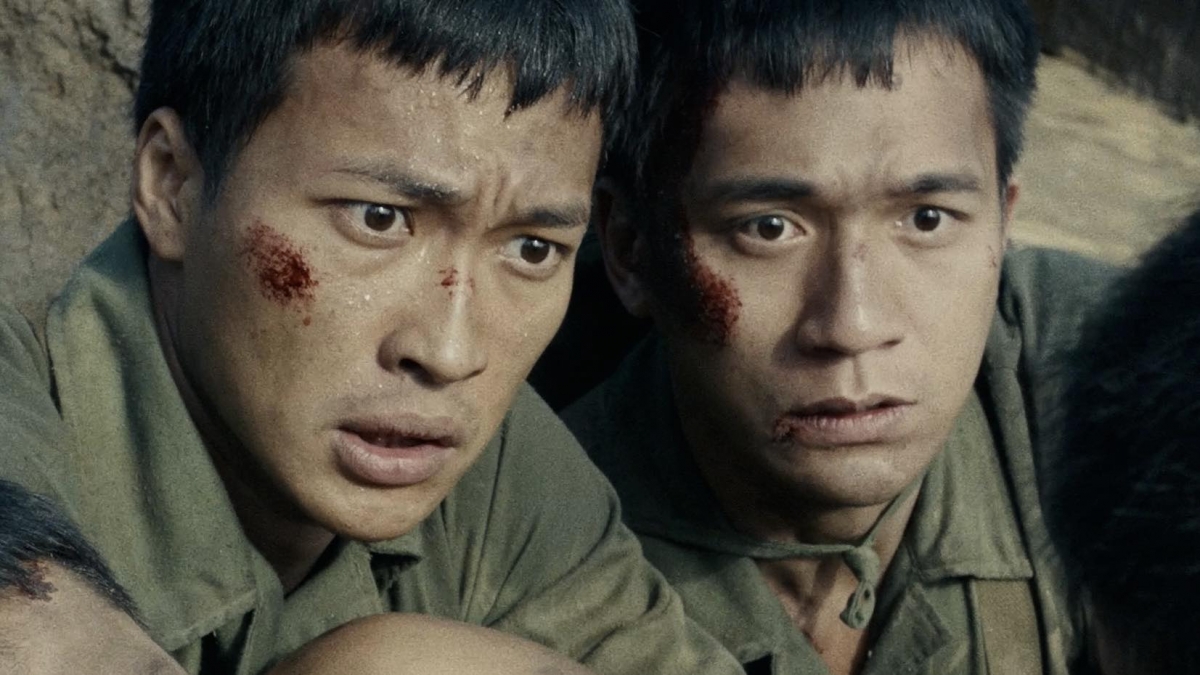
Meanwhile, director Bui Thac Chuyen, who has just made his mark with “Tunnels”, sees that success does not come from commercial calculations: “From the beginning, we did not focus on the box office. The most important thing is to make this film with all our heart, for Cu Chi, for the 50th anniversary of unification, to remember those who sacrificed. Because it comes from such a mindset, the film has genuine emotions”. For him, historical cinema is not only entertainment but also a way to retell national identity: “We have many good stories in history. If we know how to be proud and retell them in the language of cinema, it will add strength to the present”.
The consecutive success of three works shows that Vietnamese cinema has the opportunity to form an “ecosystem” of historical and war films. Not only the State orders, but also private companies can boldly invest when they see that the audience is really interested. Once the market accepts, the genre, which is considered difficult, will gradually become a pillar, alongside commercial entertainment films.

Image of audiences lining up to buy tickets to see "Peach, Pho and Piano" in early 2024.
The success of “Red Rain”, “Tunnels” or “Peach, Pho and Piano” shows that Vietnamese cinema is completely capable of creating blockbusters from national stories. No matter where the final number of the movie “Red Rain” stops, the work has marked an important milestone: making millions of viewers sit down to listen to the story of 81 days and nights of Quang Tri Citadel, and step out of the theater with a new pride in history.
More importantly, each historical work also contributes to nurturing community memory, arousing patriotism and national pride. When young audiences sit in the theater to watch “Red Rain” or “Tunnels”, it is not only an act of entertainment but also a connection with the history of their ancestors. This is a long-term value, beyond the box office.
The Vietnamese cinema landscape is therefore opening up a new perspective: instead of focusing only on short-term entertainment films, there will be more large-scale projects, recreating different slices of war and post-war. A diverse, rich and audience-friendly historical-war film “ecosystem” is entirely possible, if the success of “Red Rain” is seen as a boost for the whole industry to move forward.
Source: https://baolaocai.vn/con-sot-mua-do-va-su-troi-day-cua-dong-phim-lich-su-chien-tranh-viet-nam-post880971.html


![[Photo] 60th Anniversary of the Founding of the Vietnam Association of Photographic Artists](/_next/image?url=https%3A%2F%2Fvphoto.vietnam.vn%2Fthumb%2F1200x675%2Fvietnam%2Fresource%2FIMAGE%2F2025%2F12%2F05%2F1764935864512_a1-bnd-0841-9740-jpg.webp&w=3840&q=75)



![[Photo] National Assembly Chairman Tran Thanh Man attends the VinFuture 2025 Award Ceremony](/_next/image?url=https%3A%2F%2Fvphoto.vietnam.vn%2Fthumb%2F1200x675%2Fvietnam%2Fresource%2FIMAGE%2F2025%2F12%2F05%2F1764951162416_2628509768338816493-6995-jpg.webp&w=3840&q=75)















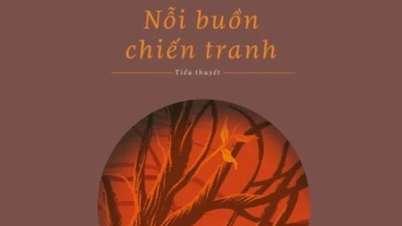





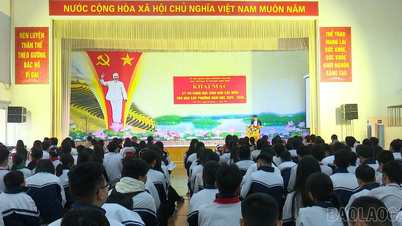





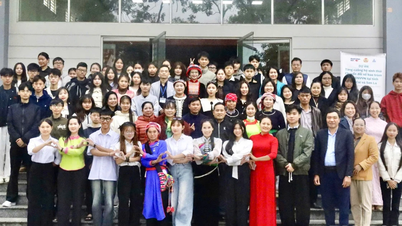

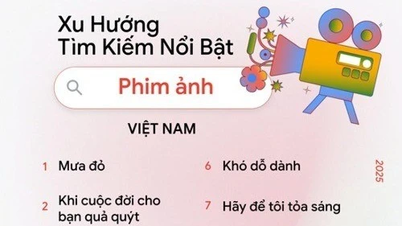

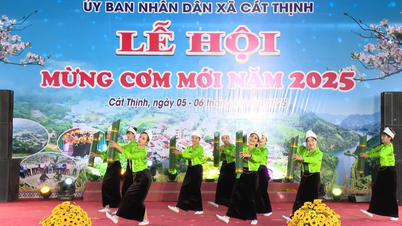









































































Comment (0)